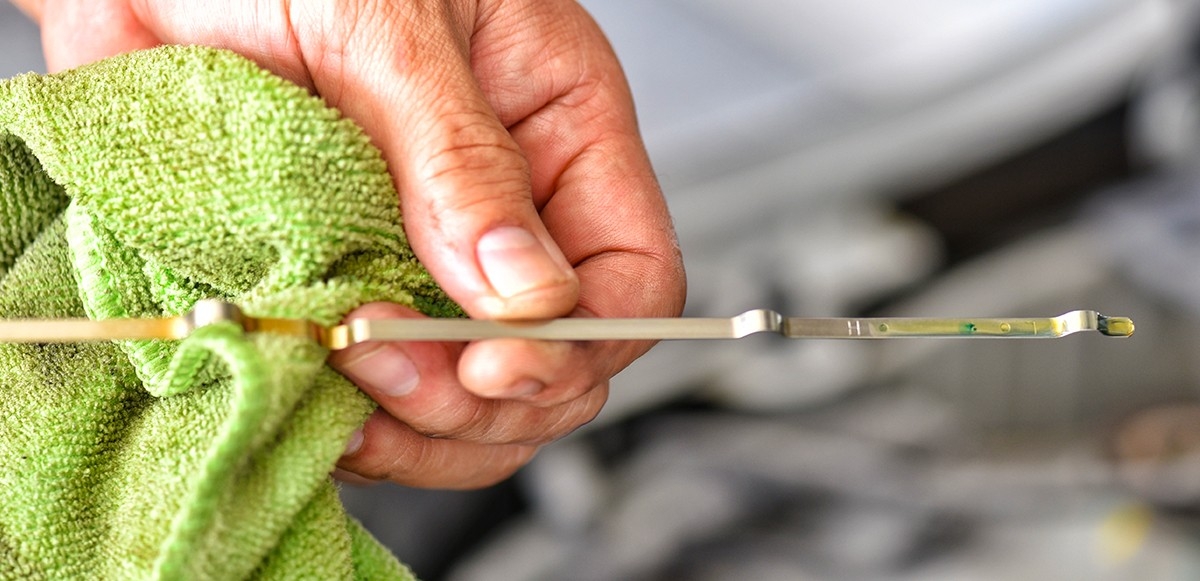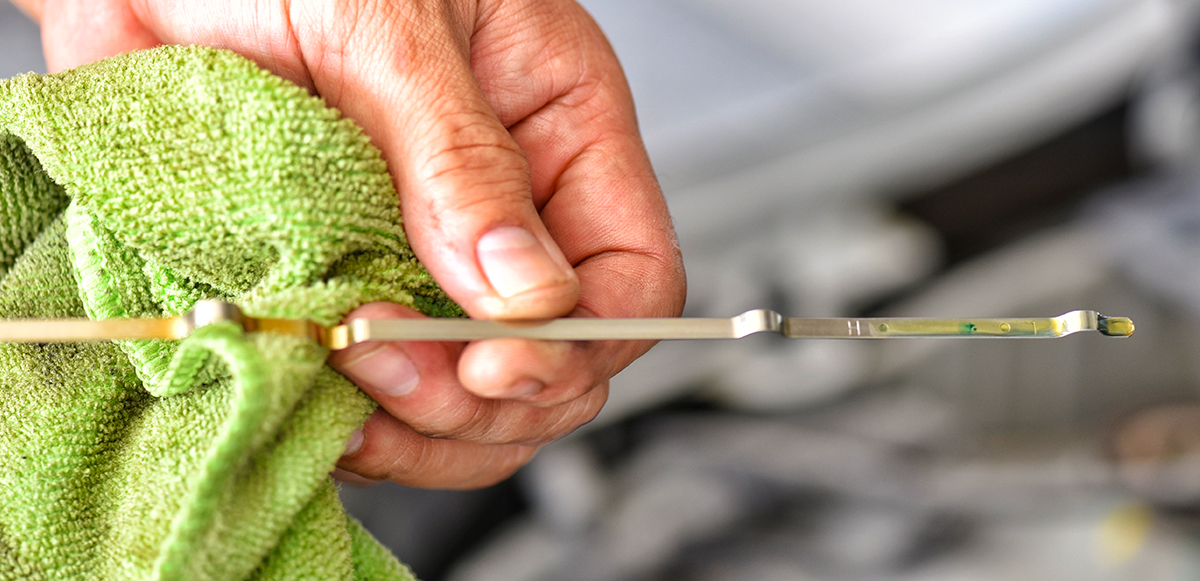How timing wear can affect your vehicle’s engine oil frequency


Regular oil changes are essential for maintaining the health and longevity of your vehicle's engine. Timing chain wear can impact your vehicle's oil change frequency and it is essential to consider this factor in your maintenance routine.
Timing chains have a crucial role to play in the operation of a vehicle's engine, ensuring the valves open and close at the exact time. With time, timing chains can experience wear, affecting the overall health of the engine. Timing chain wear can affect your vehicle's oil change frequency, besides using a range of Caltex products, it is imperative to consider this factor in your upkeep routine.
Getting a better idea of the Timing Chain Wear:
Timing chains are composed of metal links that engage with the engine's sprockets and are typically designed to last a long time. The timing chain must work correctly to avoid noises, poor performance, misfires, oil leaks, and damage.
Increased engine stress:
Over time, as mileage increases on the vehicle’s engine, the timing chain will start to wear, causing some looseness to develop in the pivots, rollers and pins of the chain linkage, affecting the chain’s pitch. This looseness often seen as chain “stretch” should be defined as the elongation or wear of the timing chain system. Numerous factors can lead to a shortened life of the timing chain, with the majority related to lubrication. These would include lengthening the vehicle’s oil change frequency beyond the acceptable service life of the lubricant.
Oil contamination and degradation:
Engine oils with worn-out additive levels are another issue to consider. When additives decrease and oxidation begins breaking down the base oil, the lubricant could lose vital characteristics. Poor-quality oils can lead to reduced lubrication and gummed surfaces.
Viscosity errors:
An incorrect viscosity is the most common issue when it comes to selecting the right oil. Viscosity errors can play an important role in wear development and energy losses.
Implications of poor selection of oil and its maintenance:
While selecting the right oil is important, it is crucial to ensure that it stays clean and dry. Using a quality oil filter with a high-capture efficiency is equally important as choosing the correct oil. Using cheap filters and not changing them out over a period of time can result in an increase in particle ingression and a greater risk of wear. Not maintaining the correct oil level can cause excessive wear.
Conclusion:
If your vehicle has been subjected to one or more of the above factors and chain wear symptoms have begun to occur, immediately investigate the root cause and replace components as necessary and use Caltex products to minimize the potential for larger problems down the road.





























